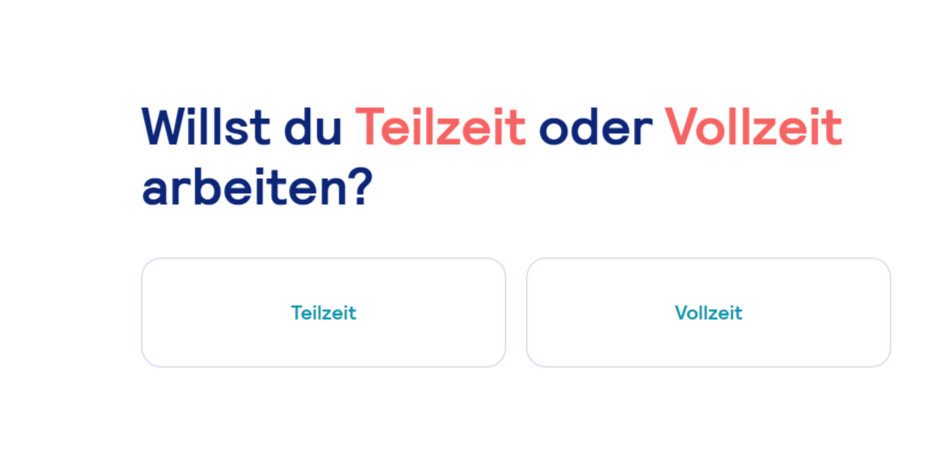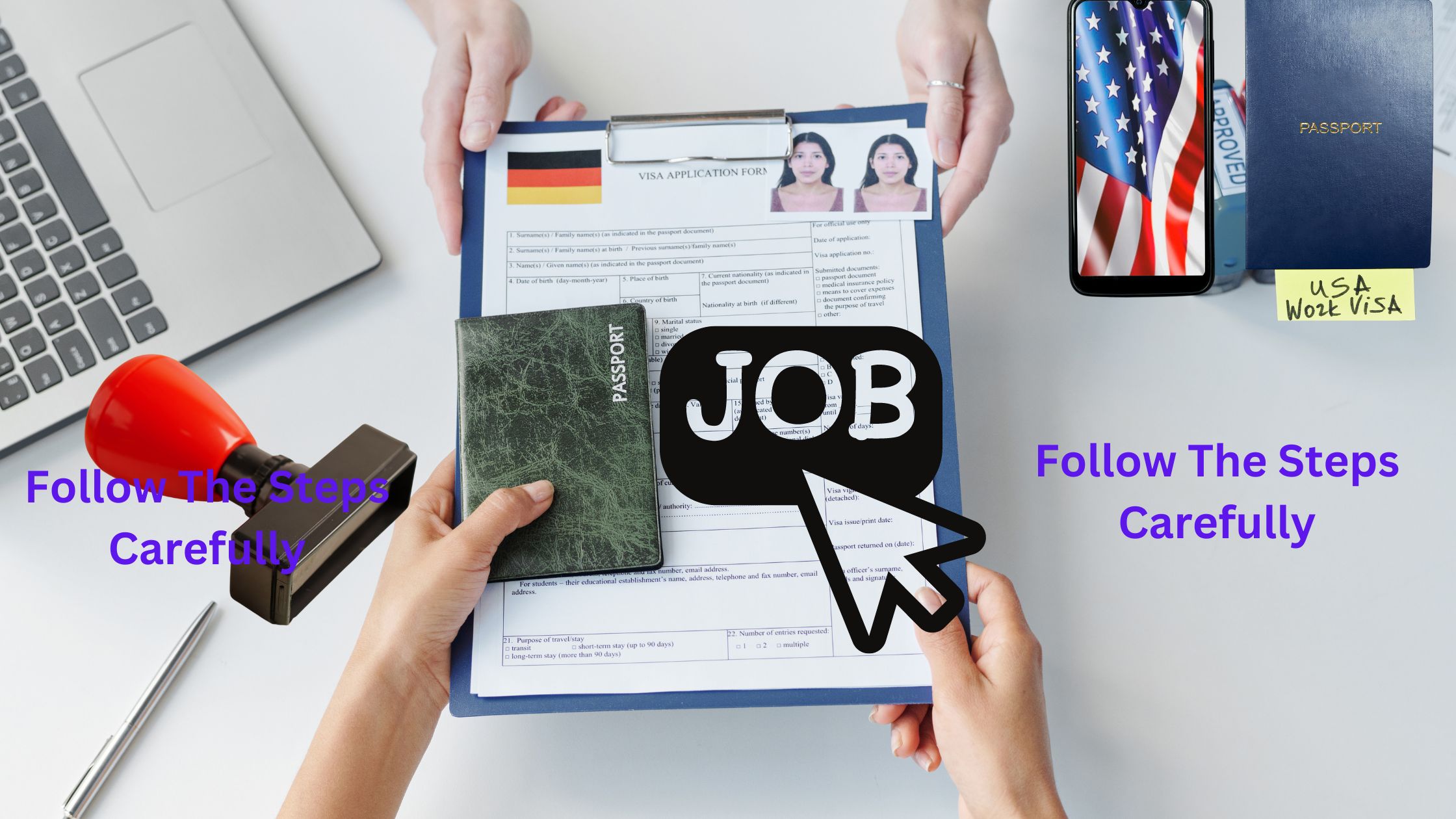PLEASE, FOLLOW THE STEPS CAREFULLY IF YOU ARE dreaming of advancing your career in Germany?
The opportunities are vast, but the journey can be complex if you don’t know where to start. The German job market is thriving, offering roles in diverse fields such as engineering, IT, and healthcare.
However, many aspiring candidates overlook key steps that can make their application stand out. If you miss these crucial insights, you could be setting yourself up for unnecessary challenges in your job search.
Knowing how to apply for jobs in Germany is not just about submitting a CV; it’s about crafting a compelling application that aligns with local expectations and regulations. Whether you’re considering applying for jobs in Germany from the UAE or other African countries, understanding the unique shades of this process can significantly enhance your chances of success. Let see how you can apply NOW.
A Guide And Resource To Apply Is Listed At The End Of This Steps
Step 1: Research the Job Market
The job market in Germany is the foundation of your job search. This country boasts a diverse and robust economy, with key industries such as engineering, information technology, healthcare, and manufacturing leading the way. Before diving into your applications, spend time researching these sectors.
Utilize job boards like Indeed, StepStone, and Monster to identify which companies are hiring and what skills they seek. But that’s not all. A direct source will be release at the end of this information.
It’s also beneficial to follow industry trends through publications and reports to understand the demand for your profession. Many industries in Germany are actively seeking qualified foreign workers, so aligning your skills with market needs can enhance your chances of landing a position.
When searching for job openings, consider using specific keywords related to your field. This strategy will help you find targeted job listings that match your expertise. Remember, knowing where the demand lies is crucial for directing your efforts effectively.

Step 2: Prepare Your Application Documents
Your application documents serve as your first impression to potential employers. In Germany, the standard format for CVs is quite specific. It typically includes sections such as personal information, professional experience, education, skills, and references. Make sure your CV is clear, concise, and free of unnecessary details. Aim for a length of one to two pages.
Tailor your CV for each application by emphasizing relevant experience and skills. Use bullet points for easy readability and quantify your achievements where possible. For instance, rather than stating that you “managed a team,” specify that you “managed a team of 10 to successfully complete a project ahead of schedule.”
Additionally, your cover letter should complement your CV. In Germany, it’s common to include a brief introduction, outline your motivation for applying, and explain how your skills align with the job requirements. Keep the tone professional yet engaging, showing your enthusiasm for the position.

Data Scientist & Software Engineer : Sources to Apply:
Step 3: Visa Requirements
If you’re not a citizen of an EU country, you’ll need a work visa to secure employment in Germany. Understanding the different types of work visas available is crucial. The EU Blue Card is a popular option for highly skilled workers, particularly in sectors where there is a skills shortage.
To apply for a work visa, you will typically need the following:
- A valid job offers from a German employer
- Proof of your qualifications (degrees, certifications)
- A detailed CV
- Health insurance coverage
- Evidence of sufficient financial resources
Make sure to gather all required documentation before applying. Visa processes can be lengthy, so starting early can prevent delays in your job search. But wait, there’s a way to do this!

Nursing Jobs in Germany: Source to Apply.
Step 4: Networking and Job Portals
Establishing connections within your industry can lead to valuable insights and job leads. Attend industry-related events, workshops, and networking sessions, both in person and online.
Platforms like LinkedIn and XING are particularly effective for connecting with professionals in your field. Don’t hesitate to reach out to industry leaders or peers for informational interviews, where you can learn about their career paths and seek advice on entering the German job market.
Additionally, leverage job portals that cater specifically to your sector. Websites like Jobvector for engineers or Euraxess for researchers can provide targeted listings that align with your expertise.

Mechanical Engineer & Electrical Engineer Jobs in Germany: Source to Apply.
Step 5: Applying for Jobs
When you’re ready to apply, ensure you follow the application instructions carefully. Many employers in Germany prefer online applications through their websites or via job portals. Tailor your applications to each role by matching your skills and experiences to the job description.
After submitting your applications, consider following up after a week or two. A polite email reiterating your interest can demonstrate your enthusiasm and keep you on the employer’s radar. However, be mindful not to come across as pushy; timing and tone are crucial.

Chef/Cook & Hospitality Jobs in Germany: Source to Apply.
Step 6: Prepare for Interviews
Interviews in Germany may follow different formats, including traditional one-on-one interviews, panel interviews, or assessment centers.
Before the interview, research the company thoroughly. Understand its culture, values, and recent developments. Prepare for common interview questions, such as “Why do you want to work here?” or “What are your strengths and weaknesses?”
Additionally, think of questions you would like to ask the interviewer. This shows your interest and engagement. Practicing your answers with a friend or mentor can also boost your confidence.

Graphic Designer & Marketing Specialist Jobs in Germany: Sources to Apply.
Step 7: Accepting a Job Offer
Once you receive a job offer, take the time to review it carefully. Understand the salary, benefits, and job responsibilities clearly. In Germany, it’s common to negotiate salary and other benefits, so don’t hesitate to discuss this with your employer.
Consider the overall package, including health insurance, vacation days, and work-life balance, as these factors can significantly impact your job satisfaction. If everything aligns with your expectations, you can proceed to formally accept the offer.

Logistics Coordinator Jobs in Germany: Source to Apply.
IMPORTANT NOTE:
To apply for jobs in Germany, refer to the researched websites provided in this information and select opportunities that align with your field of expertise. It is essential to apply promptly.
Another effective method to secure a fast response from employers is through company advertisements. These can be found on various platforms, including Facebook, website displays (also known as Google Ads), LinkedIn, and others.
Remember, your career journey is a process that requires patience and persistence. Stay motivated and keep moving forward. The right opportunity awaits you in Germany, and by following these steps, you will be closer to achieving your professional goals.
